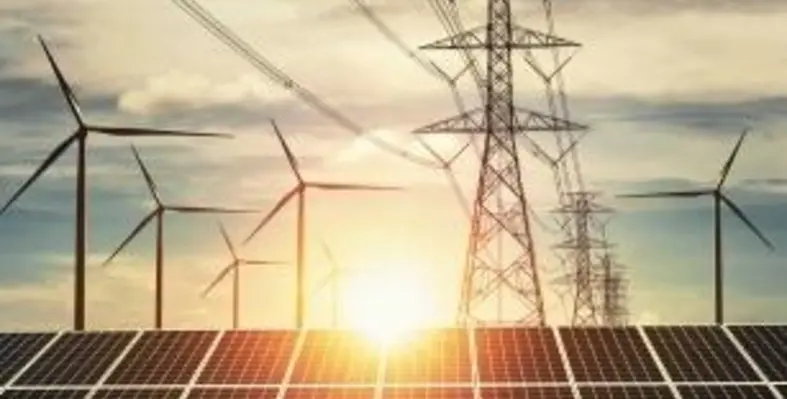The board of directors of the African Development Bank Group (AfDB) has approved the leveraging energy access finance framework (LEAF), under which the Bank will commit up to US$164mn to promote decentralised renewable energy in six African countries
The US$800mn programme will help spur commercial and local currency investments to scale up the activities of decentralised renewable energy companies in Ghana, Guinea, Ethiopia, Kenya, Nigeria, and Tunisia. Under LEAF, around 18 decentralised renewable energy projects are expected to be financed, providing access to six million people and businesses.
Many African countries still face challenges in achieving universal access to sustainable, clean, affordable and reliable electricity. Scaling up decentralised renewable energy (solar home systems, green mini-grids, and solar solutions for commercial and industrial use) is crucial to achieving the SDG7 objectives and requires significant private sector and local currency financing. The AfDB developed the LEAF programme, in collaboration with the Green Climate Fund, which approved US$170.9mn in concessional financing for it in July 2021.
The bank’s vice-president in charge of power, energy, climate change and green growth Dr Kevin Kariuki remarked, “The AfDB is delighted to partner with the Green Climate Fund on the Leveraging Energy Access Finance Framework, which will not only accelerate access to electricity based on decentralised renewable energy solutions, hence reducing the respective countries’ carbon footprints, but will do so with the active participation of a private sector facilitated by local currency financing and commercial capital availed under the programme.”
Over six years, LEAF will deploy concessional finance, credit enhancement instruments and technical assistance to crowd-in private sector investors, including local banks, to finance and accelerate efforts to power the continent.












